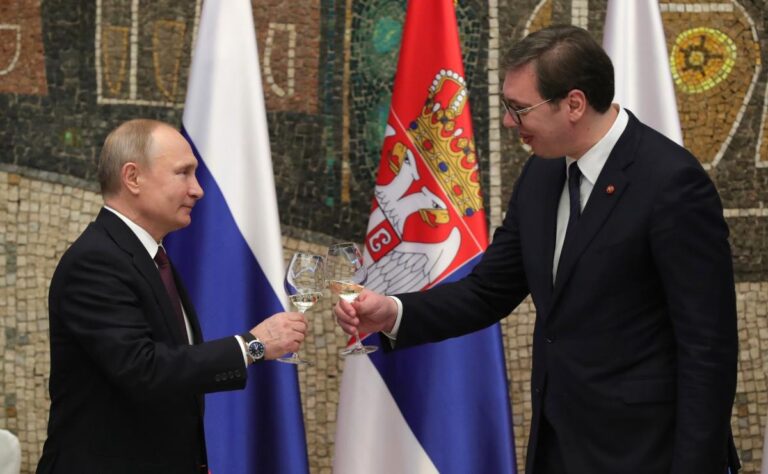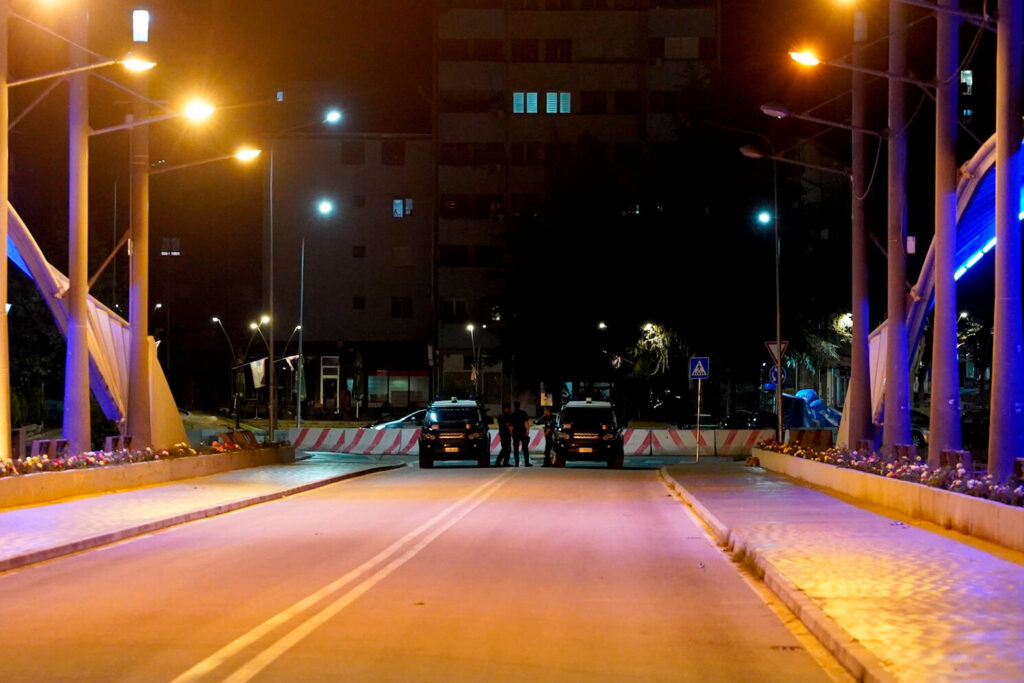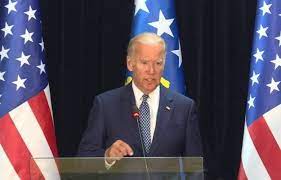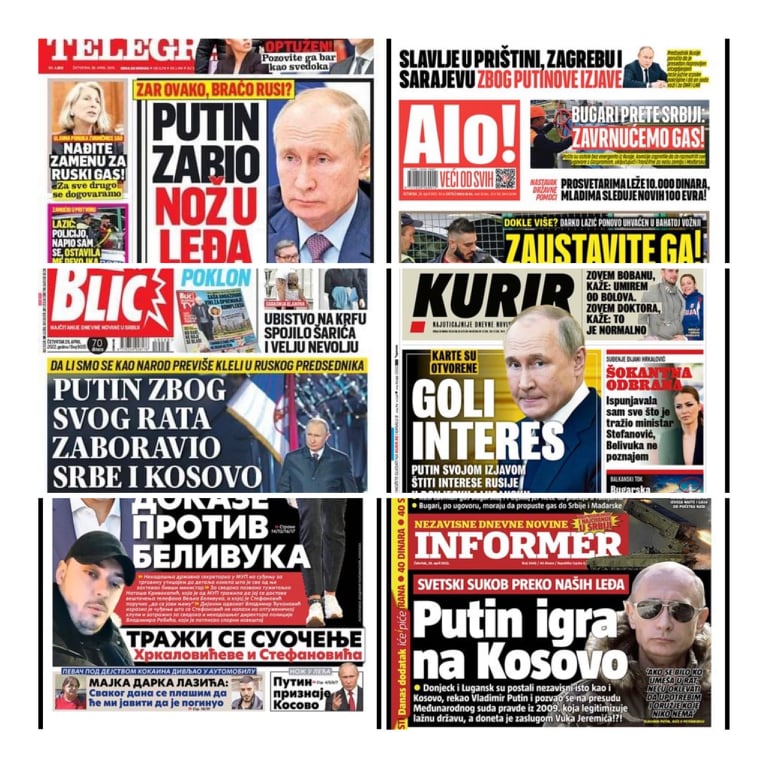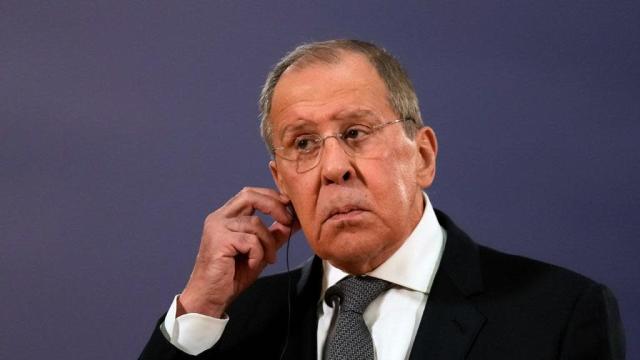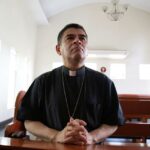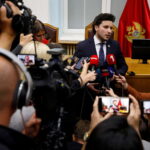Tensions in northern Kosovo remain high even though the barricades set up by Serbian extremists have now been removed after the decision for a 30-day postponement of implementation for with Serbia regarding licence plates and identity cards, which decision came by Kosovo Government at midnight on Sunday, when the situation in the North Mitrovica was very tense. American Ambassador in Kosovo, Jeff Hovenier was the one who lobbied for the 30-day postponement of the reciprocity implementation, even though he considered the Government of Kosovo decision for reciprocity, completely right.
The Kosovo decision to postpone reciprocity implementation once again avoided the escalation in north Mitrovica, but no one knows how long the current “stability” will last. Or how will reciprocity be implemented on September 1, or will another decision will be needed for Serbia to implement the preliminary decision? In fact, we have had decisions on the decision since the beginning of the negotiations between the two countries with the facilitation of Brussels, but there is no lasting result, since the Serbian side has not been ready to implement what they signed in the course of the talks.
Meanwhile, in northern Mitrovica, security is endangered every day and the situation is unpredictable.According to information, this time the ground was well prepared for an armed conflict. On Sunday evening, there was also long shooting heard, by Serbian extremists and the alarm that signals an extraordinary situation was issued several times, all this to initially create panic among the citizens. North Mitrovica is the place where Russian agents has been arrested many times, trying to destabilize the country. Moscow’s ambassador to NATO, Dmitry Rogozin, visited this part of Kosovo years ago to offer the citizens of northern Kosovo, not less than Russian citizenship. This would produce direct involvement of Russia in the north of Kosovo.
On the other hand, the President of Serbia, Aleksander Vučić, was recently issued threatening statements. According to him, the measure of reciprocity is unacceptable and in all this Serbia will win the war. Also, a member of the Serbian parliament wrote on Twitter that Serbia may be “forced to start the denazification of the Balkans”, a phrase used by Putin as a pretext for the invasion of Ukraine. The Vucic statements and other Serbian politicians seem to have been in full coordination with the Russian ally on the front of public diplomacy. The reactions of the Russian MFA come in support of Serbia, immediately after Vucic’s threats. The implications of Russia in the security of the Western Balkans are worrying. Russia has said it will provide military supports to Serbia despite sanctions and airspace closed to its planes from arriving in Serbia. Russia is Serbia’s most loyal ally in the diplomatic struggle to undermine Kosovo’s independence. However, NATO Secretary General Jens Stoltenberg, after the situation created in the north, sent a clear message to Vučić via a phone call, that NATO is ready to intervene in case security and stability in the north of Kosovo are endangered. All that is left until September 1 is a yet pending invitation from the head of diplomacy of the European Union, Josep Borrell, for a meeting between Kurti and Vucic in Brussels, before September 1, but the parties have not yet confirmed their participation. Until then, the situation can escalate at any moment, this should be a last call for the EU. A lesson for the political discipline of official Belgrade is necessary to be given by the West. The situation sensitivity in the north Mitrovica is best shown by the tension on Sunday. The recognition of Kosovo by Serbia seems to be far, also, the provocations of destabilizing by Russian and Serbian structures through Serbia, in the Western Balkans will increase in the future, if there is no bilateral political will to implement agreements reached in Brussels and pressure for a comprehensive agreement between Kosovo and Serbia.
Post Author
Author
-

Kosovo based analyst that focuses on current affairs, communication and technology. She studied Albanian Literature, and Economics, Management and Information Sciences. MA in Journalism and Communication. Co-authored the Worlds of Journalism Study report on Kosovo Journalists.
View all posts


